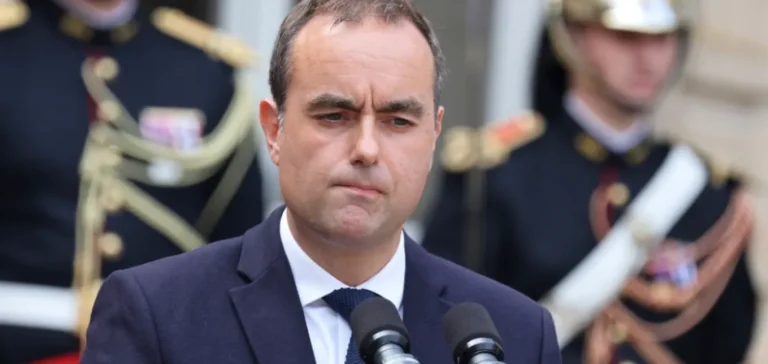French Prime Minister Sébastien Lecornu stated that the government would maintain its renewable energy development targets while reassessing how public funds are used to support these sectors. Speaking before the National Assembly, he indicated that the review aims to improve transparency in subsidies and prevent operators from gaining excessive benefits from existing mechanisms. The government intends to ensure that subsidies are granted based on actual market needs and the profitability of technologies.
Reducing windfall effects and adjusting public spending
Sébastien Lecornu referred to the “windfall effects” observed during the energy crisis, when some renewable electricity producers benefited from state-guaranteed prices despite the surge in wholesale market prices. This mechanism, designed to stimulate investment in the wind and solar industries, sometimes allowed already profitable companies to achieve additional gains. The Prime Minister believes that tighter control of subsidies will help balance public and private contributions more effectively.
The draft finance bill, notably through Article 69, aims to correct these imbalances and protect public finances. The government’s goal is to revise eligibility criteria and limit rent-seeking effects while maintaining the investment momentum required for the energy transition. Ongoing discussions focus on how to distribute financial risks between the state and energy producers.
Adapting the energy framework to a changing economy
The Prime Minister recalled that the cost structure of renewable energies has changed significantly over the past eight years. Sectors such as offshore wind and photovoltaic solar power now operate under more mature economic models, requiring adjustments to public support mechanisms. This evolution also brings new challenges related to energy storage and grid balancing.
Sébastien Lecornu also mentioned the European debates on raising climate targets and the multiannual energy programme (Programmation Pluriannuelle de l’Énergie, PPE). The government intends to maintain its planned development path while ensuring that public funding better reflects the realities of today’s energy market.






















